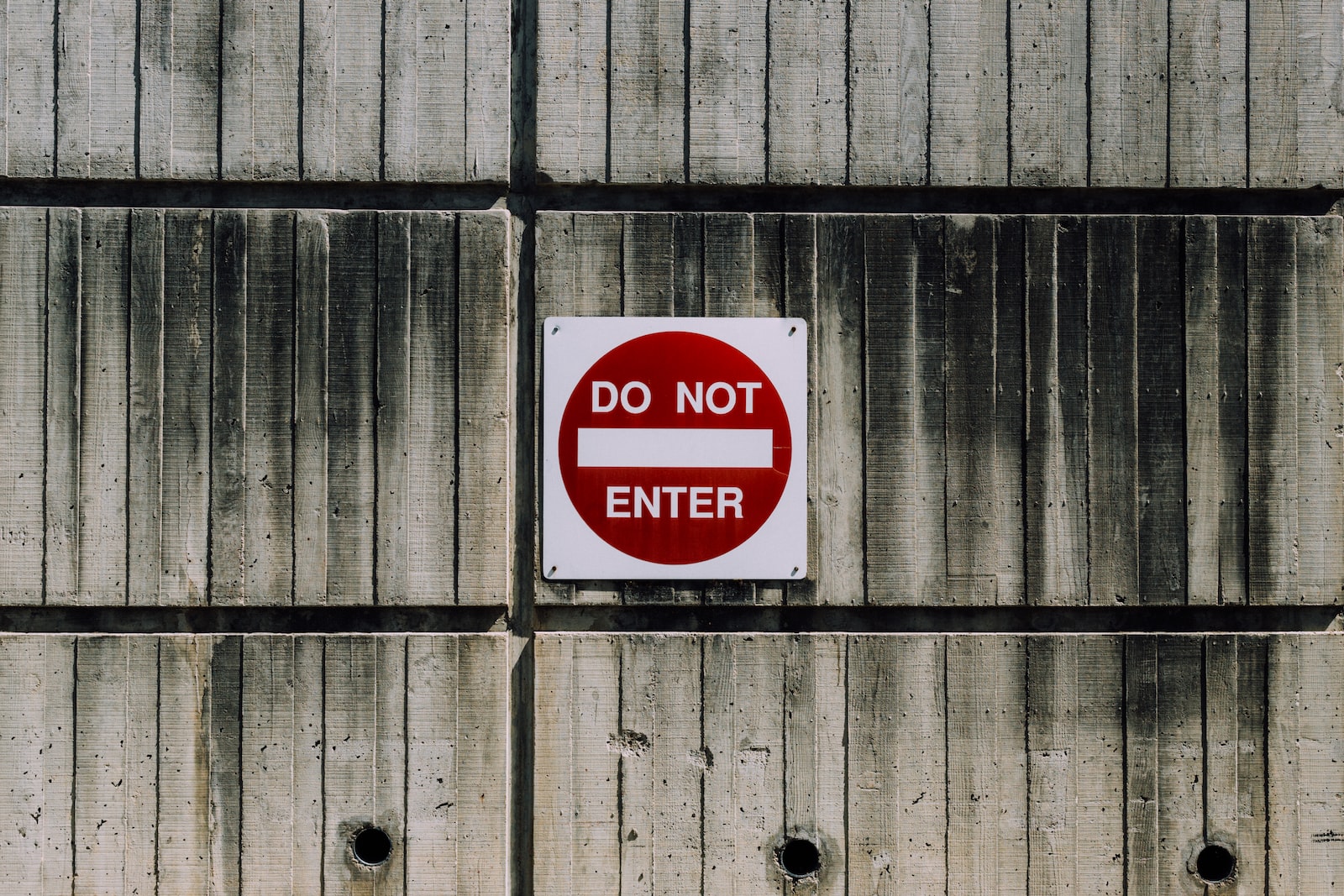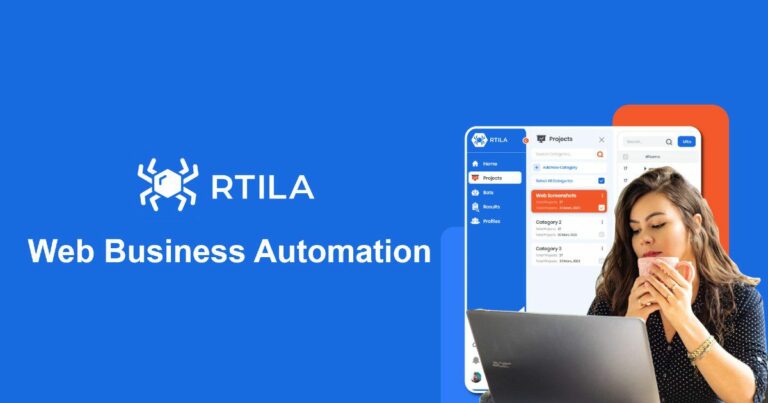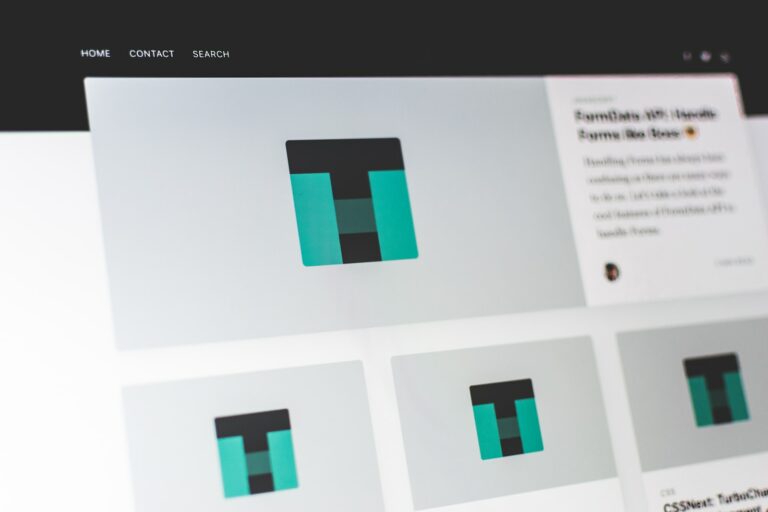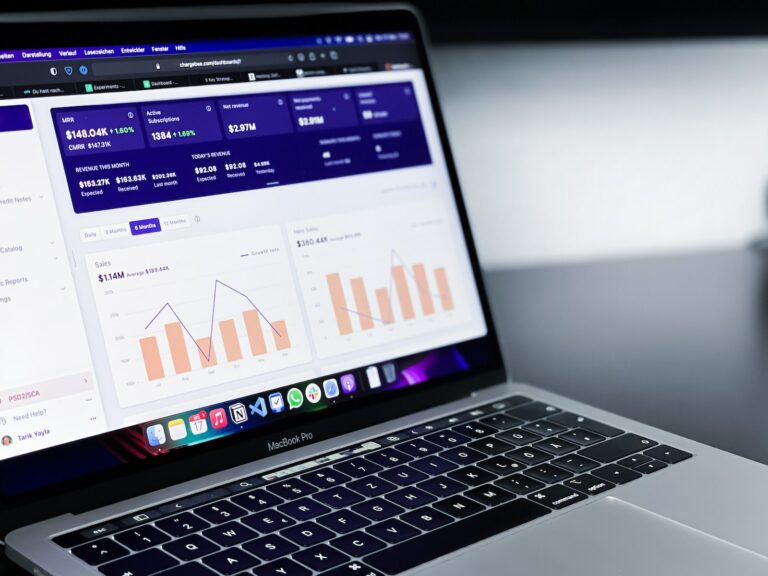How to prevent web scraping?
Are you looking to protect your website content from automated web scrapers? Are you worried that someone is stealing your data? If so, then this blog post is for you! We’ll look at some of the best ways to prevent web scraping, so you can keep your data safe and secure.
Understand the Scope of Web Scraping
Web scraping is the process of harvesting data from websites – generally – without the permission of the website owner. It can be used to extract a wide variety of data, ranging from contact information to prices and product descriptions. In some cases, web scraping can be used maliciously to gain access to sensitive information or disrupt a website’s operations. Understanding the scope of web scraping is an essential first step in protecting your website from malicious scraping. You should identify which parts of your site are most vulnerable to scraping, such as user accounts, user profiles, and content pages, and then determine how you can protect them from scraping. This could involve implementing Captchas or security questions, blocking access to your website with a firewall, or limiting server resources. By understanding the scope of web scraping, you will be better equipped to take the necessary steps to protect your website.
Utilize Captchas and Security Questions
Captchas are one of the most effective methods for preventing web scraping. You can use Captchas to block automated tools from accessing your website, as they require users to manually enter a series of letters or numbers before they can gain access.
Additionally, you can also set up security questions, which will help you to identify legitimate visitors from automated bots. Security questions can be configured to ask for personal information such as a phone number or email address, which will help you to determine whether the visitor is a real person or an automated script.
Employ Script Detection Services
Script detection services are designed to detect and block malicious scripts that are used for web scraping. These services can help you identify and block bots and scrapers from accessing your website. They also help you identify IP addresses that are trying to access your site and can send alerts when suspicious activity is detected. Script detection services can also help you detect and block scripts that are used to bypass security measures such as Captchas, rate limits, and other security measures. By employing a script detection service, you can ensure that your website is protected against malicious web scraping attempts.
Block Access to Your Website with a Firewall
A firewall is a type of security system that can help protect your website from malicious web scraping activities.
Firewalls are designed to block or allow access to certain specific IP addresses, ports, and applications. By blocking access to your website from IP addresses that are known to be associated with scraping activities, you can significantly reduce the risk of your website being scraped. Additionally, you can limit access to only specific applications or ports on your server. This can help ensure that only trusted users have access to the data on your website. If you are using a shared hosting service, you should make sure that the service provides a firewall for added protection.
Limit Your Server Resources
When it comes to preventing web scraping, limiting your server resources is essential.
By limiting the resources available to website visitors, you can reduce the amount of data a malicious actor can scrape from your website. This can be achieved by implementing rate limiting, which limits the number of requests that can be made within a certain time frame. You can also limit the number of concurrent connections and number of requests that can be made in a given period.
By doing this, you can ensure that malicious actors cannot scrape large amounts of data in a short period of time. Furthermore, you should also limit cookies and other website data that can be accessed by web scrapers. By doing this, you can reduce the amount of data available to scrapers and make it more difficult for them to gain access to sensitive information.
Set Up IP Address Blocking
IP address blocking is one of the most effective methods to prevent web scraping. It allows you to set up a barrier between your website and malicious bots. This can be done by blocking a specific IP address or a range of IP addresses.
You can also block IP addresses that are known to be associated with web scraping activities. This will help you protect your website from malicious bots and crawlers. Additionally, you can use tools such as CloudFlare to provide additional protection against malicious IP addresses. CloudFlare is a great tool that provides an additional layer of security against malicious bots and crawlers.
Monitor and Block Suspicious Requests
Monitoring for suspicious requests is a key way to prevent web scraping. If your website is receiving multiple requests from the same IP address, or if there is an unusually large number of requests coming from one or more IP addresses, it could be a sign that web scraping is occurring. Tracking these requests and blocking them can help protect your website from malicious scraping activities.
Additionally, you can set up alerts on your server so that you are notified if suspicious requests are detected. This will allow you to take the necessary steps to block the IP address or user agent as soon as possible.
Implement Rate Limiting
Rate limiting is an effective way to protect your website against web scraping. Rate limiting restricts the number of requests a user can make to a server within a certain period of time. By limiting the number of requests, you can reduce the amount of data that can be scraped from your website. You can also reduce the chances of a malicious user taking advantage of your server resources.
Rate limiting is especially important if you are running a website with high traffic. You can set up rate limiting for individual IP addresses or for a range of IP addresses. This will help you ensure that only legitimate requests are being made to your website and limit malicious activity.
Use JavaScript Obfuscation & Encryption Techniques
JavaScript obfuscation and encryption is a technique used to prevent web scraping by making it difficult for scrapers to interpret your web page’s code. By scrambling the code and hiding key elements, web scrapers will not be able to accurately extract the data they need. It can also be used to prevent automated bots from accessing your website by making it difficult to identify the website’s content structure. JavaScript obfuscation and encryption can be implemented by using tools such as uglifyJS, which can minify and obfuscate your JavaScript code. Additionally, you can use a tool like JScrambler, which can encrypt and protect your JavaScript code against reverse engineering and tampering.
Add Anti-bot Verification Tests
One of the most effective ways to prevent web scraping is to add anti-bot tests to your website. These tests, also known as CAPTCHAs, are designed to distinguish between humans and automated programs. They typically require the user to perform a simple task, such as solving a simple math problem or selecting a specific image from a group of images. By adding CAPTCHAs to your website, you can make it more difficult for automated programs to scrape your site. Additionally, you may choose to employ security questions that require the user to answer a simple question, such as “What color is the sky?”. This can help ensure that only humans are accessing your site and not automated programs.
Invest in an Anti-Scraping Tool or Service
When it comes to preventing web scraping, one of the most effective strategies is to invest in an anti-scraping tool or service. Anti-scraping tools are designed to detect and block malicious bots and crawlers from accessing your site. These tools come with a variety of features such as IP address blocking, HTTP request monitoring, rate limiting, script detection, and more. Additionally, many anti-scraping tools offer real-time alerts when suspicious activity is detected so you can take immediate action to protect your website. Investing in an anti-scraping tool can be a great way to ensure your website is secure from any malicious scraping activity.
Conclusion
Web scraping is an effective way for businesses to gather data from various sources. However, it can also be a security risk if not monitored and protected properly. By following the strategies outlined in this article, you can minimize the chances of your website being scraped and protect your data from malicious actors. Rate limiting, IP address blocking, script detection services, and anti-bot verification tests are all excellent ways to detect and block web scraping attempts. Investing in an anti-scraping tool can also provide additional layers of protection. Overall, by understanding the scope of web scraping and taking the necessary steps to protect your website, you can ensure that you’re fully prepared for any potential threats.







